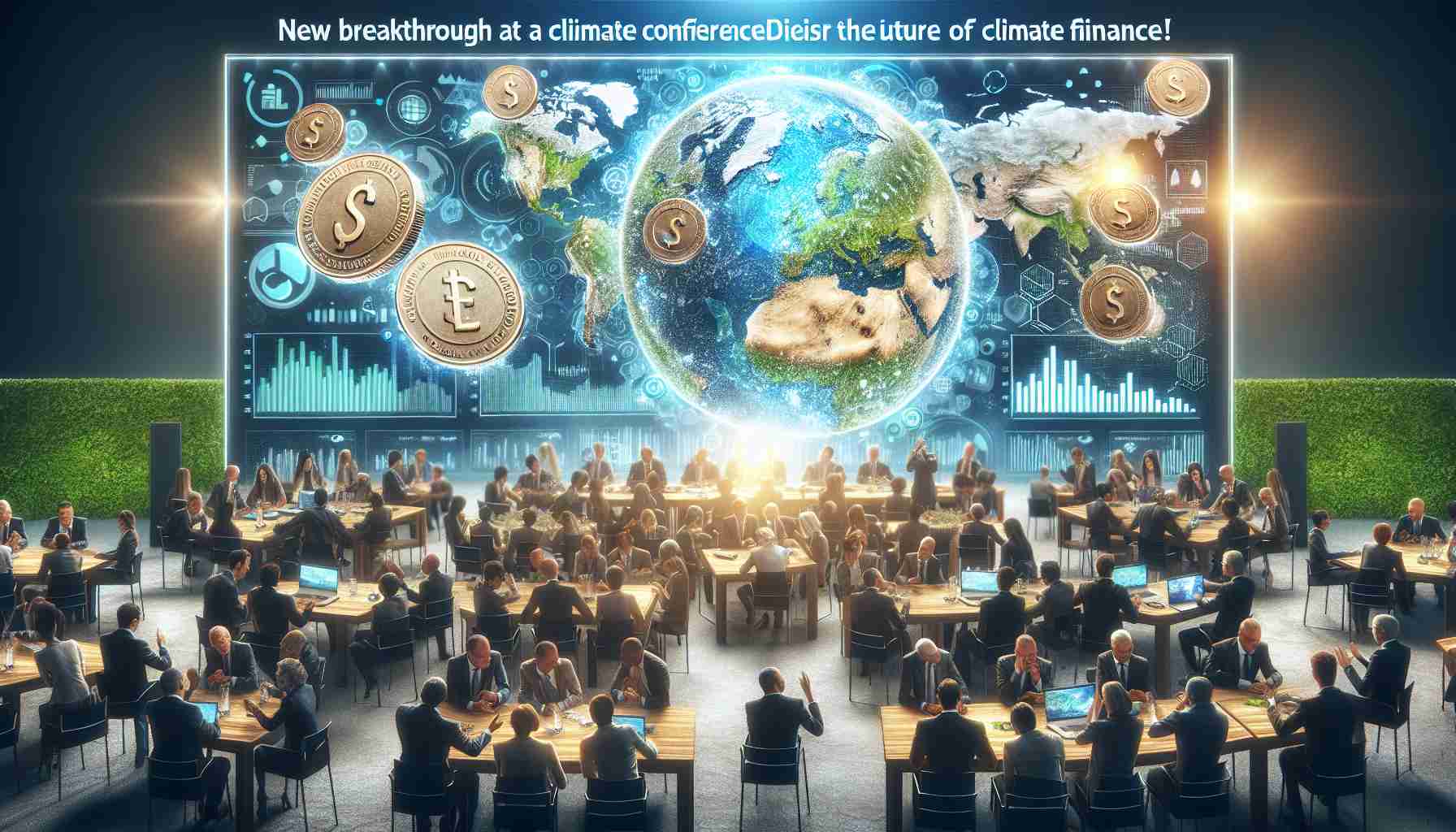The 29th Conference of the Parties (COP29) to the United Nations Framework Convention on Climate Change convened on November 11th in Baku, Azerbaijan, amongst an atmosphere charged with anticipation. With a central theme of maximizing climate finance efficiency, delegates from around the world gathered to strategize on methods to drive low-carbon economic transitions and bolster climate resilience on a global scale.
Renowned for its commitment to sustainable development, LONGi participated actively in COP29. As a leader in the clean energy sector, LONGi emphasized the need for fair energy distribution through innovative green solutions. This participation marked LONGi’s six-year streak of engagement with the United Nations Framework Convention on Climate Change.
A standout initiative at the conference was a collaborative event on November 15th, organized by LONGi and Deeprock Group. Themed “SOLAR FOR ALL—The Key to Tackling Climate Change: Green Innovation Accelerates Just Energy Transition,” the event took place at the “Biosphere 3” Solutions Pavilion in the prestigious Blue Zone of COP29. This gathering highlighted LONGi’s latest advancements in clean energy technology, showcasing their projects and accomplishments.
The conference also hosted a significant roundtable, attracting representatives from the UNHCR, China Electricity Council, and the World Economic Forum, among others. LONGi used this platform to share their experiences and insights into advancing energy equity, underscoring the pivotal role of green innovation in achieving a just energy transformation globally.
Discover the Untold Innovations from COP29: How They Could Shape the Future of Technology and Humanity
The recent 29th Conference of the Parties (COP29) was a landmark event, shaping discussions around global climate strategies. While many know of the focus on climate finance, the meeting was a treasure trove of lesser-discussed innovations that could significantly impact humanity and technology. Here is an exploration of what wasn’t in the headlines but could transform our future.
Emerging Technologies Unveiled
While the conference’s focus was on strategic financial approaches, several emerging technologies captured the attention of those in the know. These innovations promise to lower carbon footprints and increase efficiency in clean energy generation. One such technology includes advanced solar panel systems that enhance energy storage and efficiency, pivotal for both urban and remote applications. Though subtly showcased, these technologies stand to change how industries and individuals consume energy globally.
Controversies and Debates
COP29 was not free from controversies. Some analysts argue that the accelerated push for green tech, while necessary, may overlook the socioeconomic impacts on developing nations. These countries often lack the infrastructure to rapidly implement new technologies, hinting at a potential unfair advantage for already technologically advanced countries. This raises the question: Are we advancing equally, or are some being left behind?
Pros and Cons of the Current Climate Initiatives
The advantages of pushing forward with these technologies are clear—a reduction in global carbon emissions and the creation of new economic opportunities in the green tech sector. However, the potential disadvantages cannot be ignored. One key concern is the transition period, which may entail significant short-term economic disruption and job losses in fossil fuel industries.
How Do These Developments Affect Humanity?
The shift towards cleaner energy sources, as discussed in COP29, has far-reaching implications for humanity. While it promises a more sustainable and healthier planet, the societal impact is substantial. The skills required for new green jobs must evolve, necessitating a revamp of education systems worldwide. Are we prepared to meet these evolving educational demands?
What Does the Future Hold?
As we look forward, the aftermath of COP29 prompts critical questions. How quickly can these technologies be adopted globally? Will there be adequate support for nations struggling with economic transitions? These questions underscore the need for global cooperation beyond what was discussed in COP29.
For those seeking more detailed information on the overarching framework of climate change actions and green innovations, consider exploring resources under the United Nations Framework Convention on Climate Change.
Stay informed as these groundbreaking developments continue to evolve and redefine how we interact with the environment and each other.
